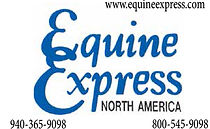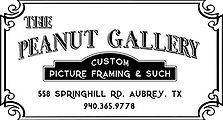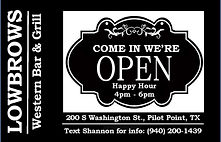OPINION
Trust can be a sticky subject.
Some believe it's an emotion.
Others feel it's a choice.
Some people are naturally trusting.
They choose not to lock their doors when they go into the store in a crowded parking lot because they assume people are largely good and will not do anything to their property.
Others opt to be proactively protective, locking their doors while they gas up the car even while they are standing between the vehicle and the pump.
Considering that I'm a journalist, I bet it comes at no surprise that I pulled that gas station example from my own behavior.
Blind trust is, in my view, a dangerous concept.
On its face it seems positive and preferable, because in an ideal world, everyone would have the best of intentions regarding their treatment of us.
However, unfortunately, we do not live in an ideal world.
A contractor who comes highly recommended might do a substandard job for you that would shock the person who recommended them.
A best friend could share your private stories with the world. A business partner who is also family could walk away and damage your reputation on the way out. A phone call that seems to be from a family member in trouble could be a scammer using voice duplication technology instead.
My suggestion would be if anyone makes a claim of truth, investigate it.
There’s even a phrase a little older than me that points to that as policy coined by Ronald Reagan, “Trust but verify.”
That should apply to everything, including anything that runs in this newspaper.
If an entity or person who said something is truth is concerned about you investigating that claim, that says a lot about the person making the claim.
Be wary of people who expect or ask for blind trust.
In my experience, that's a sign that all is not as it seems.
Abigail Allen is the Editor & Publisher of the Post-Signal. She can be reached at [email protected].

















